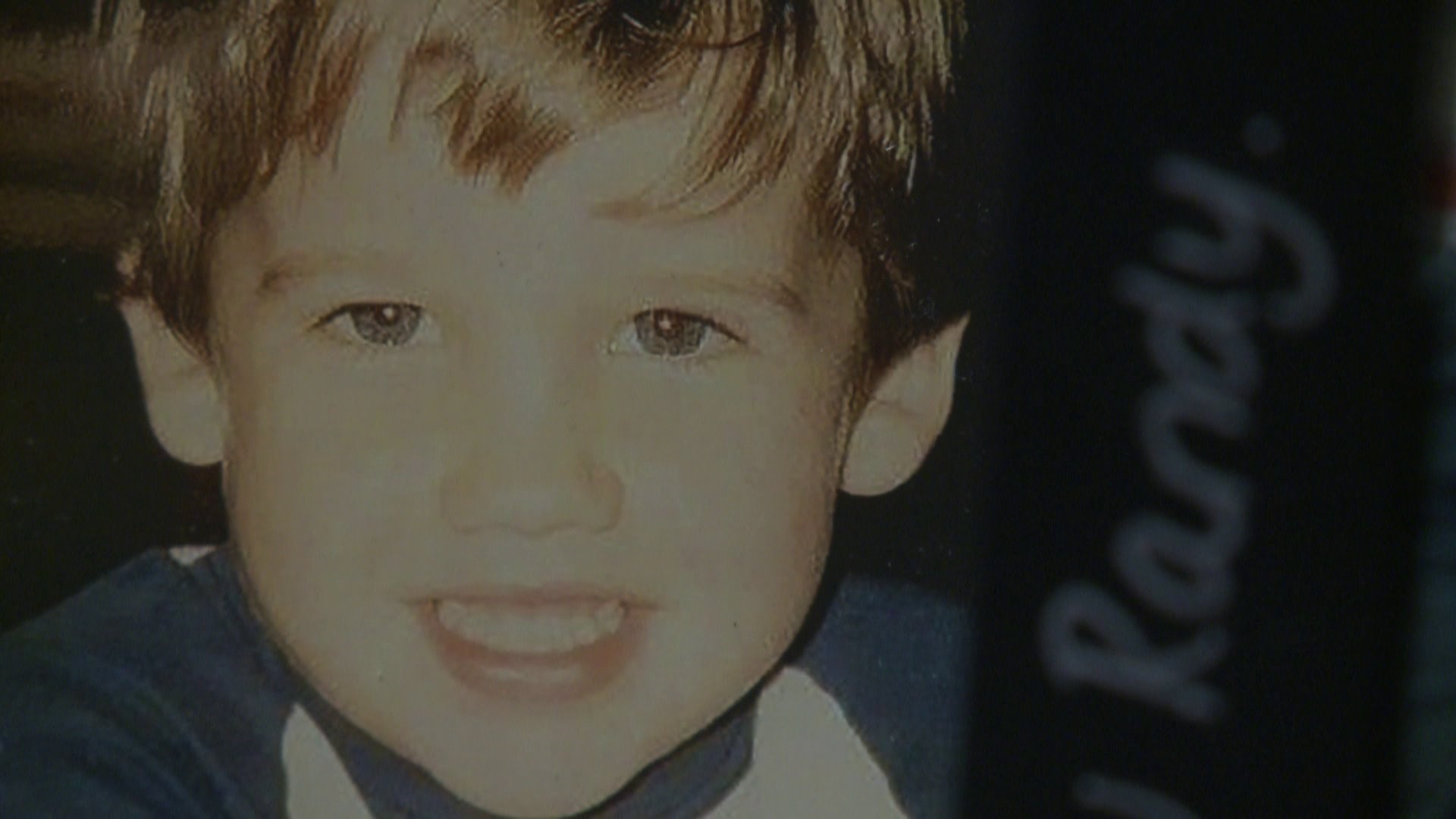HARTFORD -- Lori Jackman’s son, Randy Osgood, grew up in Tolland. His life was cut short by drug addiction.
“He was a great kid! Very smart!” she said, as her face lit up while talking about her son. “He did little league and football. They called him Randy 'the freight train' Osgood, because he would just run through all the kids and barrel through with the ball, but yeah, he was a great kid.”
Randy was the youngest of her three boys. Lori described the gut-wrenching moments when she found her son in his bedroom, unresponsive.
“He was in the corner face down. I said ‘Randy!’ and I touched him and he was cold and he had passed only a few hours prior,” she said.
She said she believes her son had only recently started adding heroin to his drug use and said she was stunned when police described finding a needle beside him at the time of his death.
Randy’s death came shortly after his 22nd birthday and only a short time after he had been diagnosed with schizophrenia. Lori said his struggle with drug addiction, however, started when he was much younger.
“He broke his arm in gym class, beginning of his freshman year,” she said, explaining that after a trip to the emergency room, he was sent home with prescription pain medication. Lori said this is when his “dabbling with drugs” began. He was addicted by the time he was 17 years old.
“You feel helpless and like just reaching out to anyone that can possibly help you. There is such a stigma that when you say, you know, my son needs help with drugs, a lot of people just shut down and run the other way,” Lori said.
Randy’s efforts at recovery started as a young teen, when his mother sent him to a wilderness program. She said when he returned home, to the same social circle, his old patterns came right back.
Lori also sent him to two rounds of in-patient treatment, but both had to be in Florida. She explained that when he was only 17, there was no facility in Connecticut she could find to accept him at that time. The second time around, Randy was over the age of 18, but this time there were other barriers, in particular, with his health insurance.
“It actually, almost was a stumbling block. When we found out insurance wouldn’t pay, we were like 'what do they expect people to do?' This isn’t something you plan,” Lori said.
She added Randy was on his father's health insurance plan, who worked for the city of East Hartford. At one point doctors advised Randy to go off his father's plan, go without insurance for 30-60 days, in order for him to get on state insurance. Lori said that opened up many more doors for him for treatment to mental health and addiction services, but that this advice came only a few months before his death.
Earlier on, Randy's insurance did not cover his intensive “in-patient” care in a Connecticut facility, but in Florida, the treatment center used a loophole. They set him up with a Florida residence and provided him with “out-patient” care which was covered by his insurance plan.
These kinds of insurance barriers are ones that the Connecticut’s Insurance Department said it is making strides to tackle.
“We need to continue to talk about this and we need to continue to help people as they go through their struggles,” said Katie Wade, Connecticut’s Insurance Commissioner.
Wade said insurance carriers are starting to adjust policies that cover access to addiction treatment, but said more still needs to be done.
"We need to de-stigmatize opioid addiction. It is a public health crisis. It is a chronic disease and we need to view it that way,” Wade said.
She urged families to understand their rights to coverage and to be sure to call the commission 1-800-203-3447 to get help understanding those rights.
For help with addiction click here.

